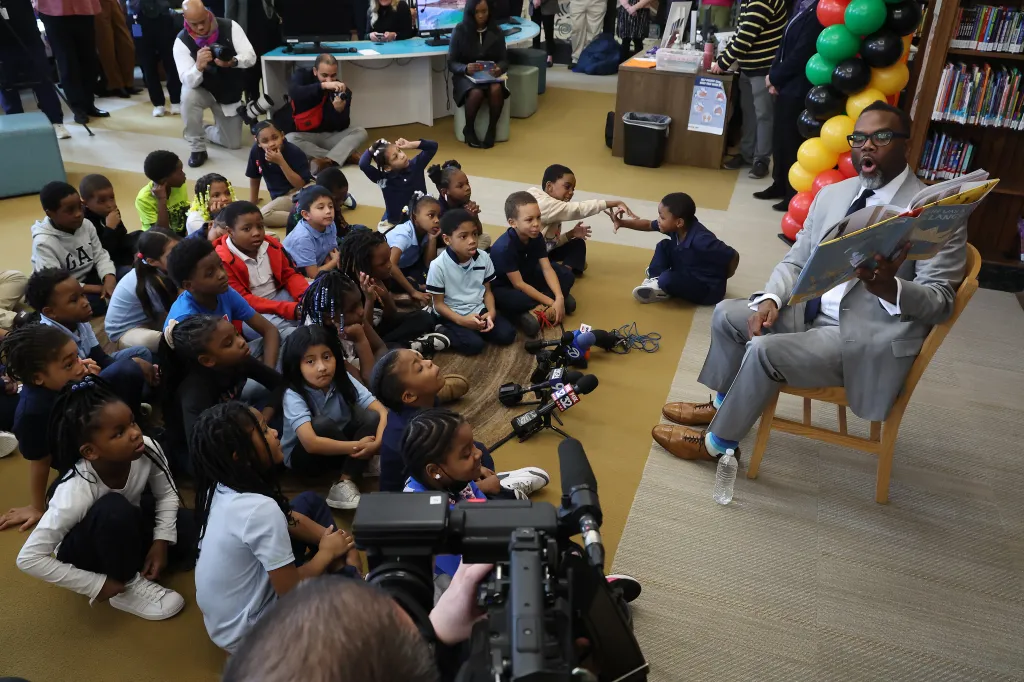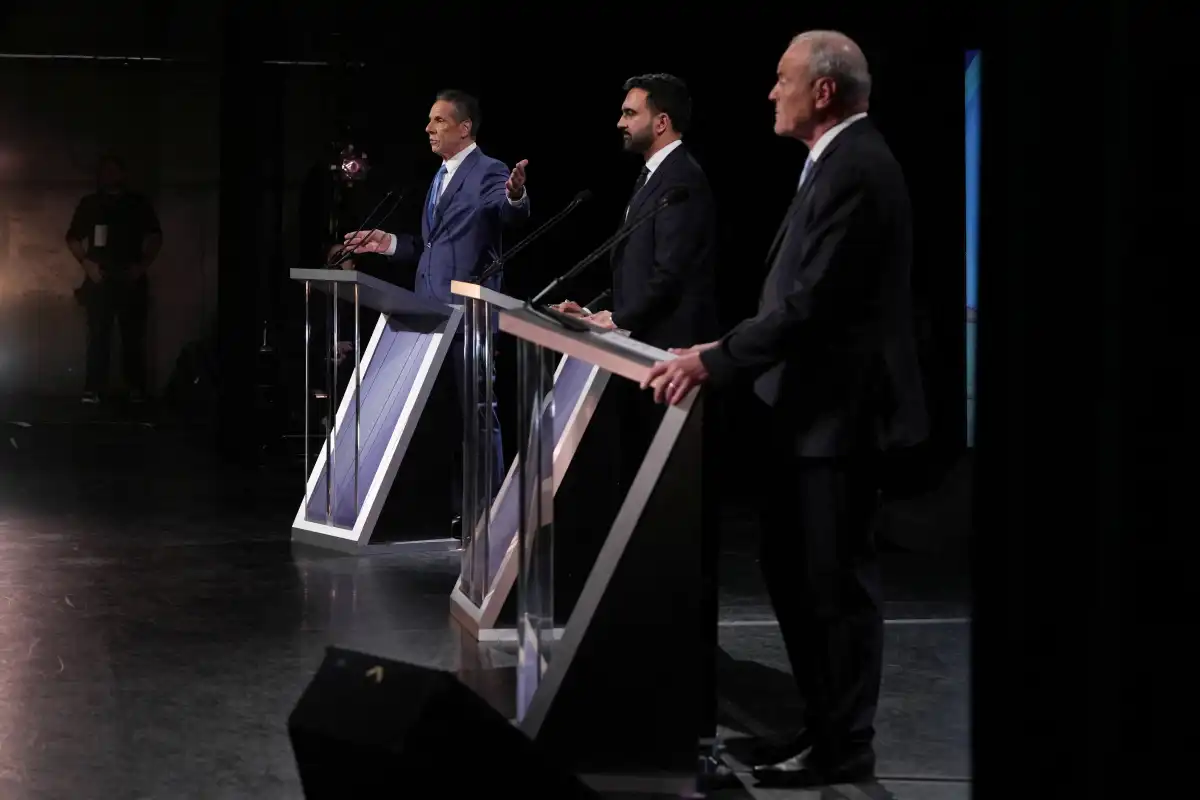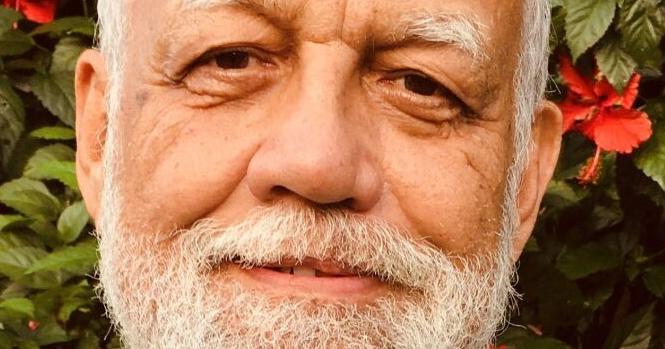Copyright Chicago Tribune

When we envision a stronger Chicago, we typically emphasize the same essential priorities: safer communities, affordable housing and economic opportunity. But when it comes to actually realizing this better Chicago, our plans too often operate in isolation. The goals we set cannot only be considered individually because they all rely on a fundamental foundation — access to knowledge. Public libraries are our most critical doors to that access, but the proposed 2026 city of Chicago budget is threatening to lock them. Under the current budget proposal, the Chicago Public Library’s Collection Budget — the money used to buy books, e-books and other materials for patrons — will be cut in half, from $10 million to $5 million, and 69 full-time-equivalent staff positions will be eliminated. These cuts directly reduce the services and staffing that make libraries essential to the life of every Chicago community. Halving the library’s collections budget will have immediate, real-world impacts. That means longer wait times for new books, fewer digital resources and a reduced ability to serve residents who depend on CPL for everything from résumé writing to after-school programs. Cutting staff means fewer librarians and support workers — the people who make our libraries safe, welcoming and responsive to community needs. These are the individuals who help bridge digital divides, foster literacy and connect residents with critical public resources. Removing them doesn’t just limit access to books; it limits access to opportunity. Sadly, CPL is no stranger to budgetary threats. In fiscal year 2025, 50 freshly vacated staff positions were eliminated, and half a million dollars were taken from the book budget. If the current proposal passes, CPL will have more than 100 fewer staff positions and $5.5 million less for collections compared with 2024 levels. The last two years signal a concerning pattern of disinvestment that threatens to undo decades of progress toward a modern, inclusive public library system. These are not abstract numbers — they represent fewer programs for children, fewer adult education classes and fewer spaces where residents can safely gather to learn and grow. Libraries are not a nice-to-have luxury but a need-to-have resource in our communities. For many Chicago residents, especially in working-class, low-income and immigrant communities, the public library is a lifeline. Families depend on CPL for access to Wi-Fi, computers, job support, after-school programs and safe spaces. Every cut sends a message — that literacy, equity and access are somehow negotiable. They are not. To treat these services as expendable is to tell the people who rely on them that their needs are, too. This is not just a question of fiscal management. Budgets reflect priorities and our values; Mayor Brandon Johnson himself has echoed the words of the Rev. Martin Luther King Jr. in saying a budget is a “moral document.” Five million dollars might sound like a large number on paper, but for a city of nearly 3 million people, it’s an embarrassingly small investment in public learning and access. As leaders of this city, we must find a way to make ends meet without setting our most vulnerable people back further. The Chicago Public Library is a sacred democratic institution. You don’t need a title, a paycheck or an internet subscription to walk through the doors and learn something new. Whether it’s a child discovering their first favorite book or a neighbor applying for a new job or a resident studying for a citizenship test, the library is where possibility lives and opportunity begins. I’m calling on the administration and my colleagues in the City Council to reject these proposed cuts. Let’s restore CPL’s funding and staffing levels and send a clear message that Chicago invests in its people — in their growth, their creativity and their right to knowledge. Our libraries are not optional. They are essential to who we are and to the future we want to build. Ald. Samantha Nugent represents Chicago’s 39th Ward.



